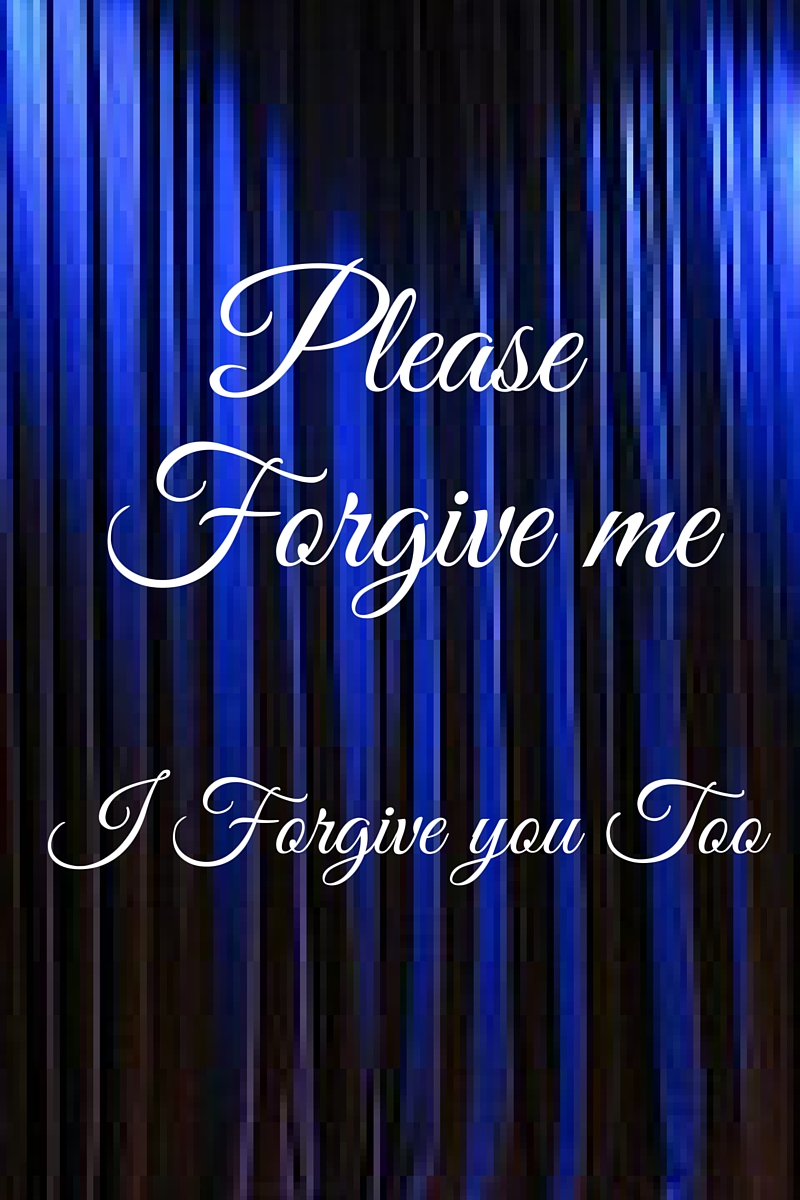I’m starting to see a lot of talk about Ho’oponopono popping up in articles and blogs lately. Ho’oponopono is the ancient Hawaiian process of forgiveness. And I’m seeing a number of personal growth teachers embrace Ho’oponopono as the next great thing and begin to teach it from stage. That’s great!
Except that the watered-down, snap-your-fingers-and-poof-it’s-gone version of “Ho’oponopono” that some people are teaching is not the practice that kept Hawaiians virtually free of physical and psychological disease for so many generations.
How do I know?
For one thing, my father (who passed his knowledge on to me) was taught Ho’oponopono by two masters in the practice. One was Morrnah Simeona who was recognized as a kahuna lapaʻau (healer) and honored as a “Living Treasure of Hawai’i.”
Morrnah studied Ho’oponopono extensively and adapted the traditional practice to a more modern approach. My father also learned about Ho’oponopono from Papa Bray, whose father was considered the last practicing kahuna. Papa Bray instructed my father in the Bray family system of Huna, a lineage which my father—and now I—have permission to carry on.
Secondly, I have taught Ho’oponopono to literally thousands of students over the last twenty-plus years. In fact, Ho’oponopono was the subject of my PhD dissertation. But as importantly, I have personally used Ho’oponopono on a daily basis for over twenty years.
So I humbly ask you to trust me. When it comes to Ho’oponopono and forgiveness, I just might know what I’m talking about!
I’m pretty sure that personal growth teachers are jumping on the Ho’oponopono band wagon for good reasons. Research findings are indisputable: Forgiveness is good for both your mental and physical health. Study after study indicates that people who are forgiving have better relationships, less stress, fewer general health issues and lower rates of the serious illnesses like depression, heart disease, stroke and cancer.
Why is forgiveness so good for you? As Stanford health psychologist Dr. Fred Luskin explains, “Because not forgiving—nursing a grudge—is so caustic. It raises your blood pressure, depletes immune function, makes you more depressed and causes enormous physical stress to the whole body.”
And I’m sure that folks in the personal growth field see what I see these days: There’s a lot of stuff out there that needs forgiving! Our TV screens are filled with negativity, fear, hate, blame, thirst for revenge– and, no, I’m not just talking about Game of Thrones! So I applaud these presenters for emphasizing forgiveness to help heal our planet.
That said, some of what I see being promoted as “Ho’oponopono” is pretty far from the mark.
This faux Ho’oponopono is missing some of the key ingredients of the ancient practice. And because those ingredients are missing, odds are that you won’t experience the benefits that true Ho’oponopono offers.
Remember The Secret? How jazzed everyone was that you just had to clearly envision the great life you desire and—shazam!—the Law of Attraction would deliver it just like the UPS guy!
Only for most people, it just didn’t work so they concluded “This Law of Attraction stuff is a bunch of bull!”
It wasn’t the Law of Attraction’s fault. The Law itself works just fine. But the way it was being taught was too simplistic and too shallow.
My concern about the versions of Ho’oponopono popping up on the scene is that they don’t go into enough depth to be effective. The last thing we need is for people to be disappointed and conclude “This forgiveness stuff is a bunch of bull!”
I’m not saying the practice can’t be made more contemporary to fit our current culture. Hey, I was taught to do an ancient chant before doing ho’oponopono, so I always do. Yet I doubt most of my students would take the time to learn and do that chant. I teach them to do Ho’oponopono without it.
But there are key aspects of Ho’oponopono that can’t be left out. They’re critical to the process. Teachers who are relatively new to the practice don’t necessarily understand their importance and gloss over them.
What key ingredients are missing? Well, for one, that Ho’oponopono is a lifetime commitment. It isn’t something you do once at a weekend workshop and—yippee!– you’re done! It’s a daily cleansing of energy to help you stay pono (right with the world).
Another aspect not always being taught is the interactive, mutual nature of the forgiveness. An apology alone leaves the energy loop incomplete. You can’t just say “I’m sorry.” The apology needs to followed by asking for the other person’s forgiveness: “Please forgive me.” Can you feel the difference? Next, it’s important to offer your forgiveness to them as well.
Most of the new versions of Ho’oponopono I’ve seen have the statement “I love you” incorporated in them. That’s good, and I question whether just saying the words necessarily evokes the feeling of love. Ho’oponopono was definitely based on flowing loving healing energy to the other person. The experience of love must be present for the forgiveness to be effective.
One of the last ingredients missing is breaking the aka connection. Aka literally translates as “sticky stuff.” Ancient Hawaiians believed that everyone we encounter is connected to us via aka, the etheric conduit of mana (life energy). At the end of the Ho’oponopono process, we need to cut the aka connection. Why? So that we can start fresh without the baggage or residual attitudes we had about the other person. (Cutting the connection also gives us the choice to not re-establish connection at all!)
I urge you to look into Ho’oponopono for yourself, and as you do, make sure that you incorporate all its important ingredients.
To your TOTAL empowerment!
Mahalo,
Dr. Matt
——————————————————————————————————————————




